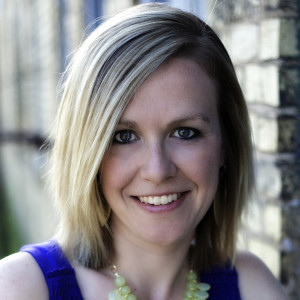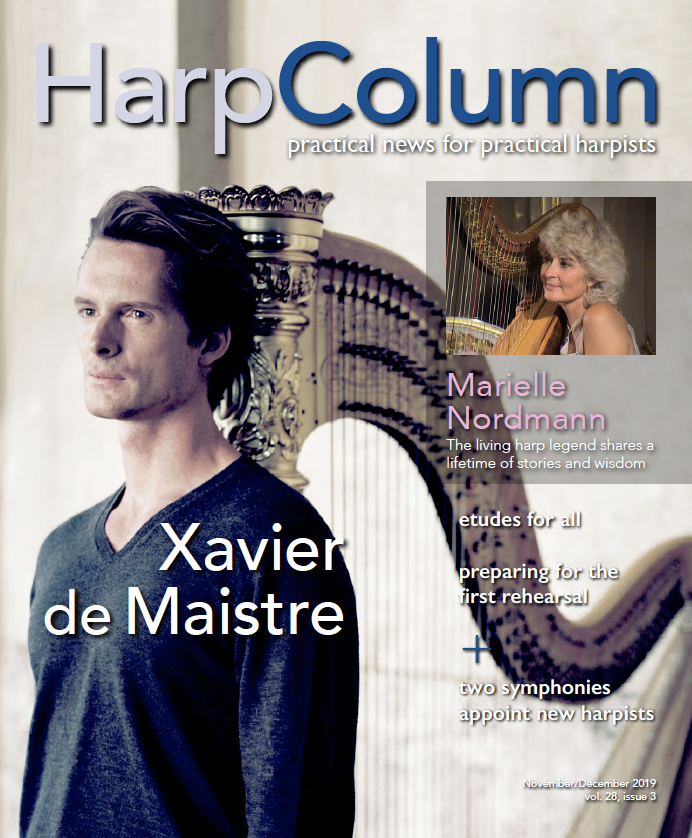There are times in life when you step back from the daily grind to survey the big picture. The past couple months have been one of those times in the harp world. In that time, we have lost five luminaries of the harp world (see “In Memoriam” on pgs. 9–11. Our community is small, and I imagine there are few harpists who were not touched by at least one of these losses, whether you played some of Sam Milligan’s beloved arrangements from Medieval to Modern, took lessons with Linda Wellbaum, performed alongside Calista McKasson Kovin, worked with Ruth Papalia through the American Harp Society, or enjoyed one of Louise Trotter’s workshops at a harp festival. Each of these harpists enriched our music and our professional lives.
Our community is small, and I imagine there are few harpists who were not touched by at least one of these losses…
We featured two of these harpists on past covers of Harp Column—Sam Milligan in our September/October 2008 issue and Louise Trotter in March/April 2004. Trotter’s interview was one of the first I did for Harp Column, and it remains to this day among the most memorable. I was the fresh-faced new kid on the block, a little nervous to be talking with Trotter, who was universally loved by both the lever and pedal harp communities. Louise’s kind, affable way immediately put me at ease. Her unassuming nature showed in her surprise at being awarded the International Society of Folk Harpers and Craftsmen lifetime achievement award. “I thought, Why did they choose me?” said Trotter. “What did I do to deserve this? The only thing I can think of is that all of the little things I have done through my life have added up to something.” Those “little things” turned out to be very big things—her music was original and her friendships genuine.
When we interviewed Sam Milligan in 2008, he, like Trotter, had just received a lifetime achievement award—his coming from the American Harp Society. Milligan was thrilled, not for the attention he received for the award, but for the opportunity it gave him to shine a light on his first teacher, Laverne Hodges Peterson. Sam was a prolific arranger and always had a colorful story to illustrate any conversation. It was rare to come away from an encounter with Sam and not have a smile on your face. During an introspective moment in our interview, Sam talked about his connection with a quote from Marcel Tournier: “The harp is the most beautiful sound that the human imagination has ever been able to conceive and human ingenuity has ever been able to manufacture.”
Milligan said once he read that quote he thought, “That’s what it’s all about. It’s all about this glorious, lovely sound. And the directness of playing the harp. I mean, there’s no mechanism between me and the music. It’s just me and the string, me and the sound source, and it’s up to me to make it sound nice. I love it, and I think everybody should play it. And that’s been my focus, really, is to try to influence more people to love it as much as I do.”
Louise and Sam managed to get the important stuff right. Their music and their relationships were both meaningful and authentic. May we all be as fortunate to have this be our legacy. •







